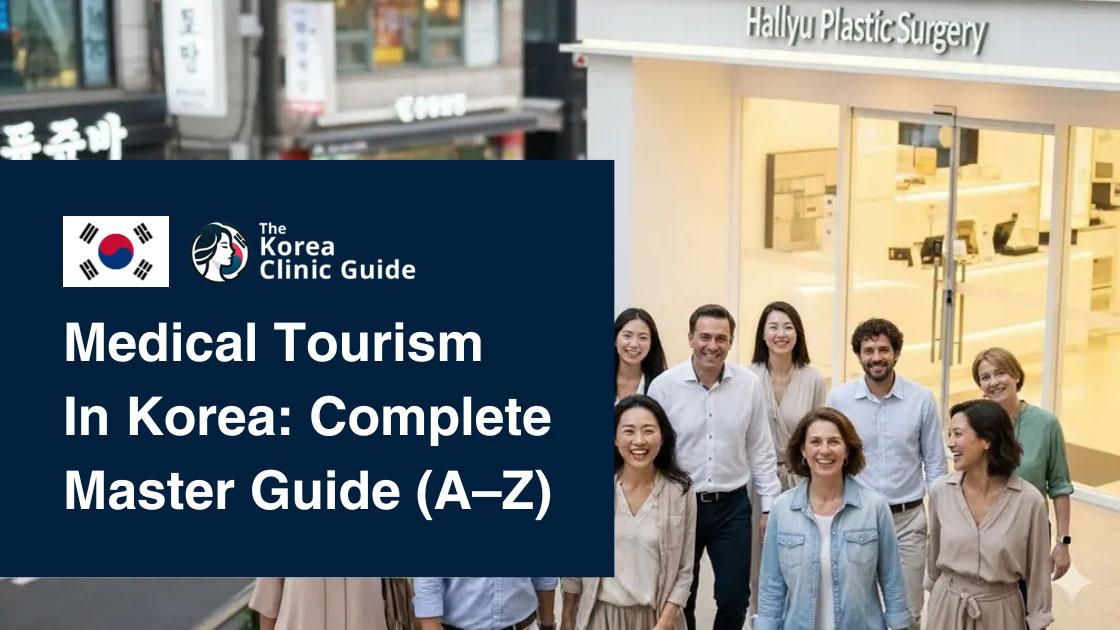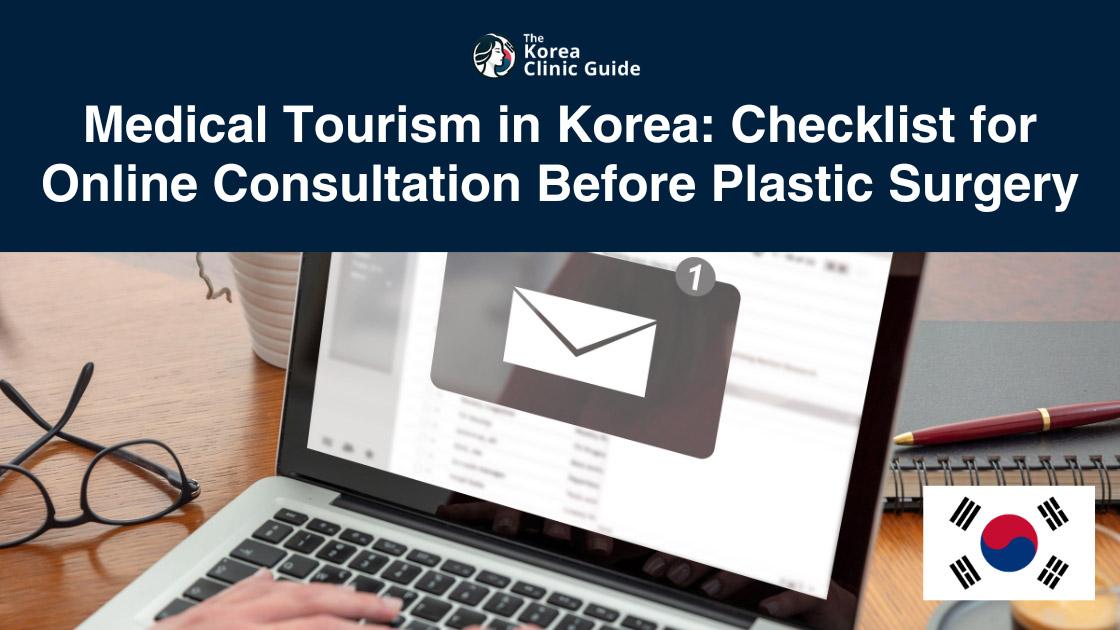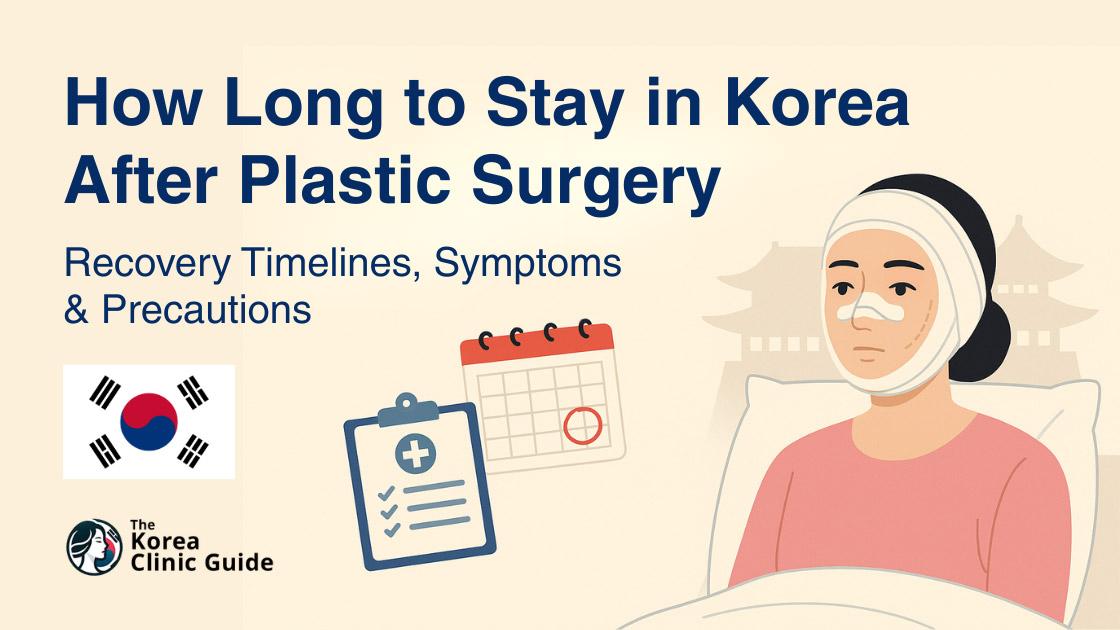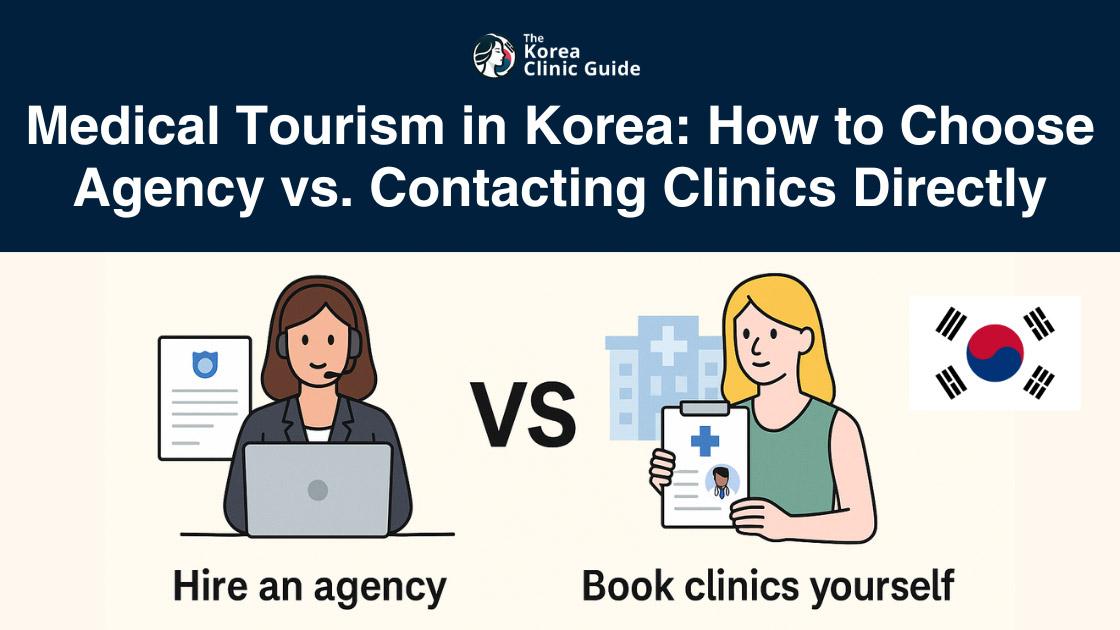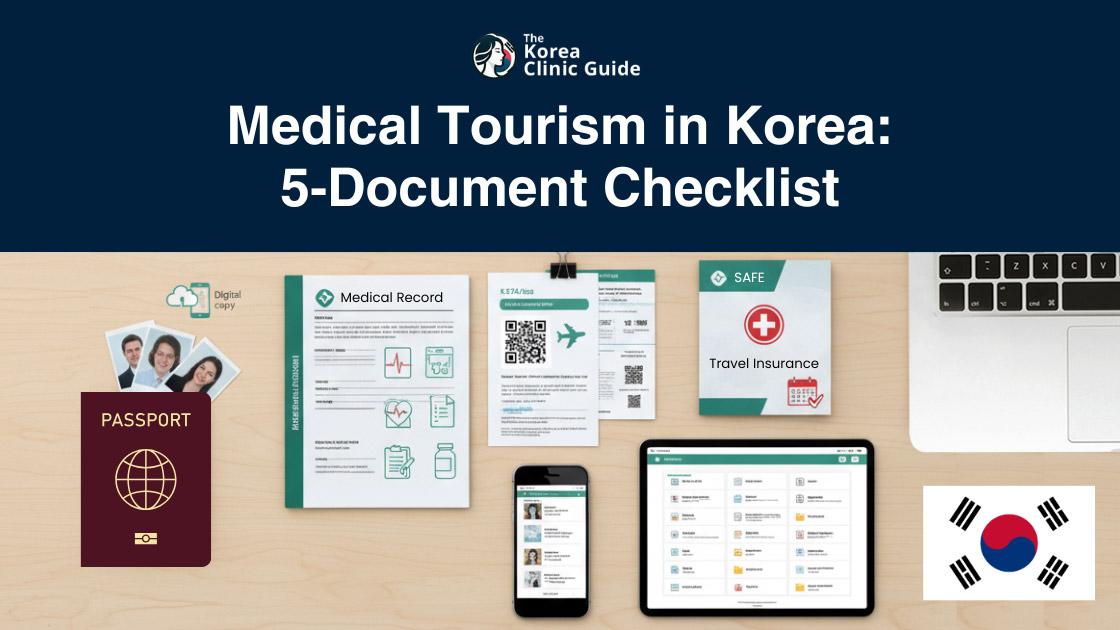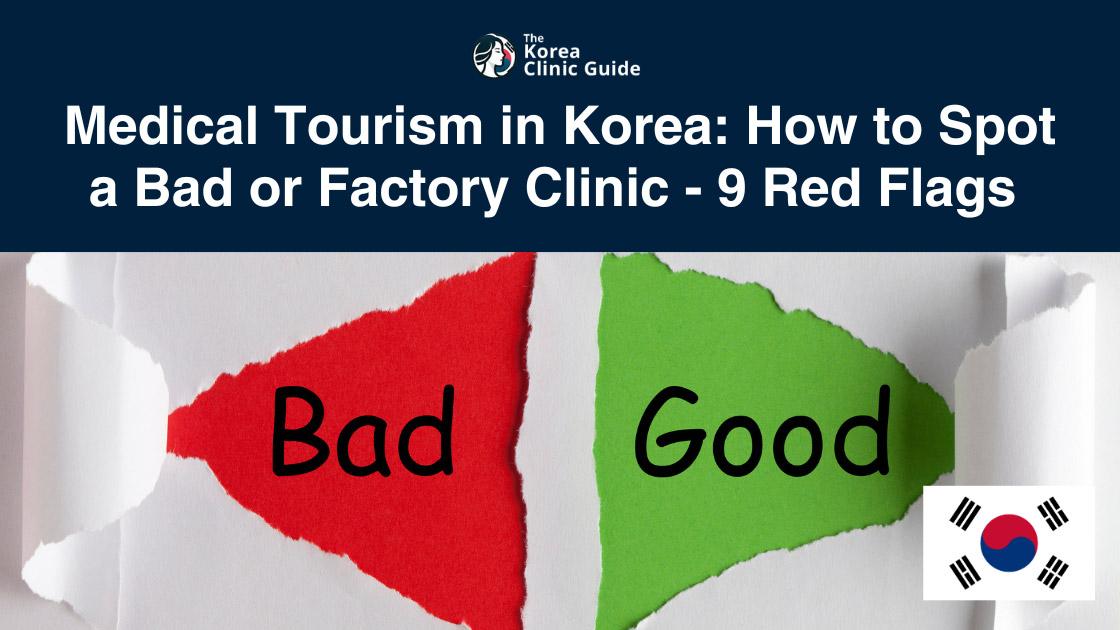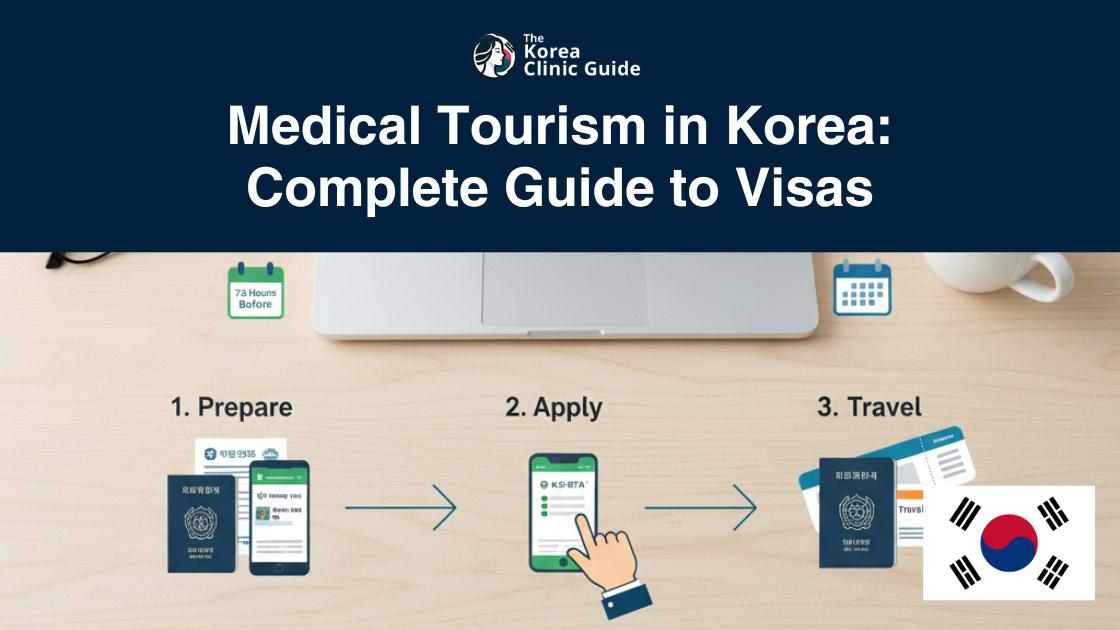Medical Tourism Blog
Understanding Pre-Plastic Surgery Tests in Korea: A Comprehensive Guide

Table of contents
- Importance of Pre-operative Tests
- Commonly Required Pre-Surgical Tests in Korea's Plastic Surgery Clinics
- Blood Tests
- Cardiovascular Examinations
- Chest X-Rays
- Hepatitis B and C Tests
- Diabetes Test
- Pregnancy Test
- Legal and Ethical Perspective on Pre-Plastic-Surgery-Tests
Considering treatment in Korea? Everything you need to know e.g. — how to avoid scams, visas, interpreters, recovery tips — in our Medical Tourism Master Guide. Plan with confidence in minutes, not weeks!
Korea, known as the world's capital of plastic surgery, mandates a set of crucial screening tests before any plastic surgery procedure. These tests ensure that the patient is in the appropriate state of health to undergo the surgery, minimizing potential complications and risks. In this section, we'll delve into the nature of these pre-plastic-surgery tests in Korea.
Importance of Pre-operative Tests
Pre-plastic-surgery tests are significant for several reasons. Firstly, they prevent medical professionals from proceeding with surgeries on patients with possible complications by recognizing health-related risks. They also play a part in assisting the surgeon to evaluate the patient’s anatomical and physiological condition and choose an effective personalized surgical strategy.
Moreover, these screening tests provide critical insights to the anesthesiologist, which assists in selecting the most beneficial and safe anesthesia for the patient.
Patients' Responsibility
It is crucial to note that while these tests are carried out by medical professionals, patients also have a role to play. Patients are required to provide accurate and full disclosure of their medical history and present state of health to the healthcare providers before the tests. This information is essential in determining the specific screenings a patient may require.
Adherence to these regulations ensures every patient's safety and well-being, the reasons behind Korea's status as a trusted destination for high-quality and safe plastic surgery procedures globally.
What do pre-plastic-surgery tests involve?
In Korea, pre-plastic-surgery tests encompass a spectrum of tests, including blood tests, electrocardiogram (EKG), chest X-rays, and more specialized tests as needed. Blood tests usually check for conditions like anemia, clotting issues, or infections that can affect the surgery's outcome. The EKG and chest X-ray are commonly done to assess the heart's functioning and lung conditions.
These tests are standard; however, based on the individual's health history and the type of surgery, the doctor may recommend more specific assessments. For instance, patients getting a rhinoplasty might have to undergo a nasal endoscopy or allergy testing.
What happens if a problem is detected?
If a problem is revealed during the pre-plastic-surgery tests, it doesn't necessarily mean the procedure can't be done. Depending on the issue, the surgeon may delay the surgery, recommend a less invasive alternative, or take special precautions during the operation.
In conclusion, pre-plastic-surgery tests are vital to patient safety and successful surgery outcomes. By providing a comprehensive health snapshot, these tests assist doctors in executing the surgery more confidently and effectively.
Commonly Required Pre-Surgical Tests in Korea's Plastic Surgery Clinics
The aim of preoperative testing is to evaluate the patient's physical condition and potential risks that might affect the outcome of plastic surgery. Here are some of the standard pre-surgical tests that are commonly requested in Korean plastic surgery clinics.
Blood Tests
Blood tests are one of the most basic pre-surgical tests conducted by clinics in Korea. Blood tests imply a broad range of exams, including a complete blood count (CBC), coagulation studies to verify hemorrhage risk, and tests to inspect liver and kidney functionalities. Increased white cell count or anemia revealed in a CBC could imply an underlying infection that must be managed before surgery.
Cardiovascular Examinations
Certain cardiovascular screenings, such as electrocardiograms (ECGs), are required for older patients or those with a history of heart disease. The test involves recording the electrical activity of the heart over a period of time using electrodes placed on the skin. The ECG test is conducted to minimize the risks of potential cardiac complications during or after surgery.
Chest X-Rays
Chest radiographs or X-Rays are asked for patients with respiratory problems or those who smoke. This procedure is usually suggested for checking lung health and diagnosing conditions like pneumonia or lung cancer that could complicate the anesthesia process.
Hepatitis B and C Tests
In Korea, it is common for plastic surgery clinics to request tests for Hepatitis B and C. This is particularly important because these infections could spread to medical staff during the operation.
Diabetes Test
Patients with diabetes are likely to have slow healing capacity and are at a higher risk for surgical and postoperative complications. They are likely to have poor blood flow which can slow down the recovery post-surgery. Hence, before surgery, patients are required to do diabetes test, ensuring their blood glucose levels are under control.
Pregnancy Test
For women of child-bearing age, a pregnancy test is essential before any surgical procedures. Anesthetic medications could potentially harm the fetus, hence the need for this test to avoid any unwarranted risks to an unexpected pregnancy.
Every patient and procedure are unique, which is why each pre-surgical testing could vary slightly. It is important to communicate with your surgeon openly and honestly about your medical history and concerns to get the best results and a successful plastic surgery experience.
Legal and Ethical Perspective on Pre-Plastic-Surgery-Tests
The legal and ethical aspects of pre-plastic surgery tests in Korea have been an ongoing area of interest for established medical professionals and aspiring surgeons. Under Korean law, it is mandated that any individual wishing to proceed with plastic surgery must undergo specific pre-surgery tests. Let's delve deeper into the subject.
Legal Requirements
Under the Korean Law, the Medical Service Act mandates that surgeons perform the necessary tests and checks before progressing with an elective or cosmetics surgical procedure. According to the Act, these tests enable professionals to confirm that the patient's physical health is good enough to withstand the surgical procedures. Generally, the specific kind of tests are not dictated by the law, but they are generally understood to mean general pre-surgery-screening tests.
Failure to adhere to these requirements may result in a breach of duty by the medical professional. It can lead to severe consequences not only in terms of fines or even revocation of licenses but also by damaging the trust of the patient-doctor relationship.
Ethical Considerations
Besides these legal stipulations, the Korean Society for Aesthetic Plastic Surgery (KSAPS) has set ethical guidelines for its members, requiring an all-encompassing approach to patient management. One of the key provisions in these guidelines is the requirement for obtaining informed consent. Informed consent goes beyond just explaining the surgical procedure. It involves providing comprehensive information about any pre-surgery tests, and why they are necessary. This step is crucial when addressing patients' anxieties and uncertainties.
